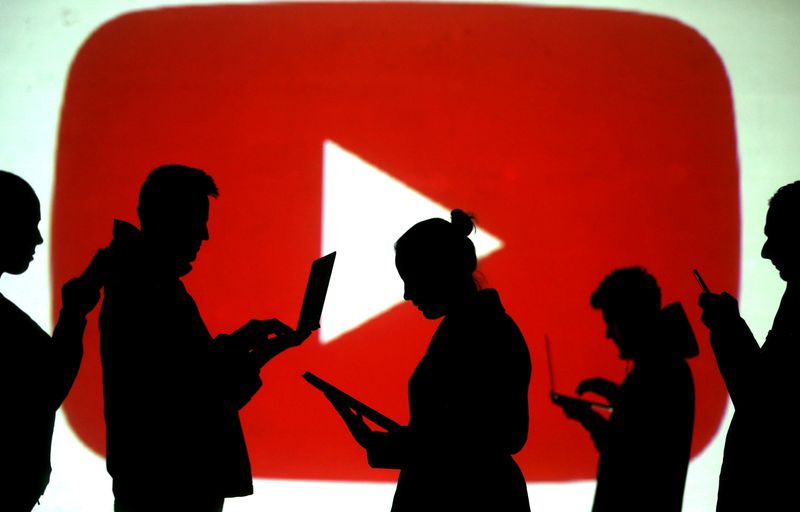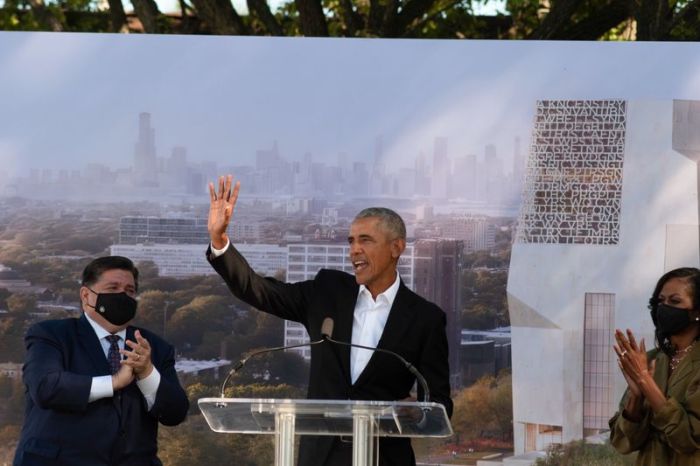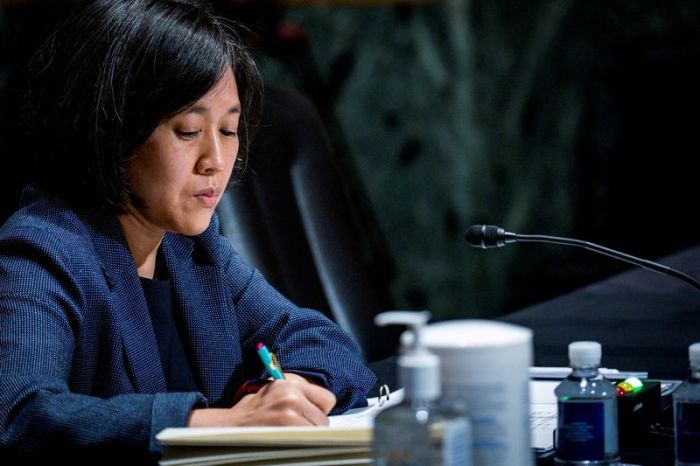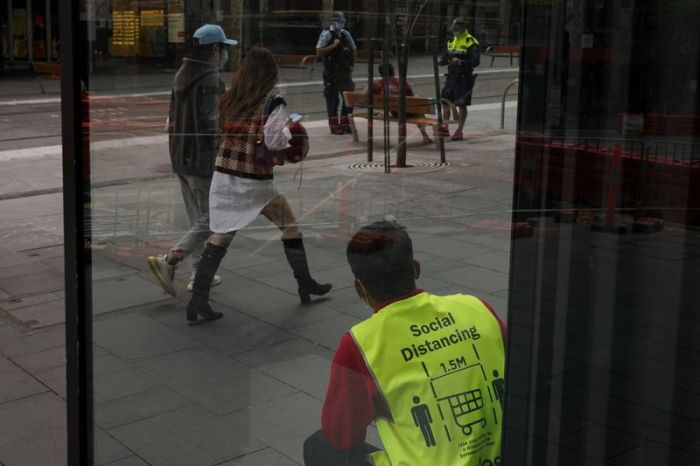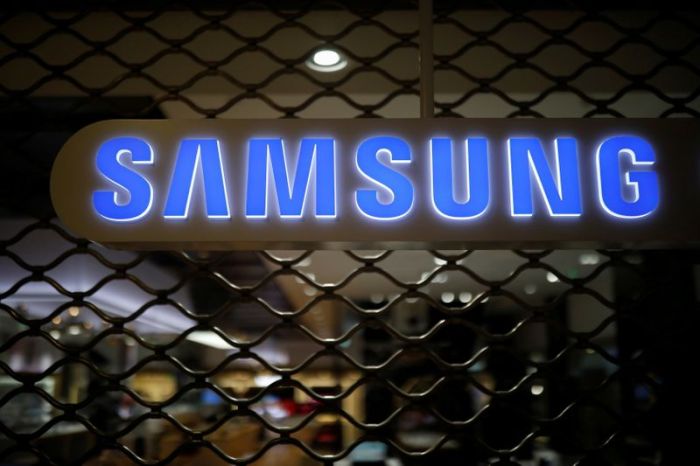By Gleb Stolyarov
MOSCOW (Reuters) -Russia on Wednesday threatened to block YouTube and the Kremlin called for “zero tolerance” towards the video hosting giant after it removed Russian state-backed broadcaster RT’s German-language channels from its site.
The online video company owned by Alphabet Inc deleted Russian state-backed broadcaster RT’s German-language channels on Tuesday, saying they had breached its COVID-19 misinformation policy.
On Wednesday YouTube said it would block all anti-vaccine content, moving beyond COVID-19 to include content that alleges vaccines cause chronic health effects or contains misinformation on the substances in vaccines.
Russia said it was considering retaliating against German media and also accused YouTube of “unprecedented information aggression” after the company’s move against the RT channels.
The row creates a new line of tension in Russia’s standoff with foreign tech giants and its long-running push to assert greater sovereignty over its segment of the internet.
Russian state communications regulator Roskomnadzor said it had written to Google and demanded that the YouTube restrictions on the RT channels be lifted. Russia could partially or fully restrict access to YouTube if it failed to comply, it added.
Google declined to comment on the matter.
‘ZERO TOLERANCE’
Russia could impose measures to force YouTube to comply with its laws, Kremlin spokesman Dmitry Peskov told reporters, adding that the law appeared to have been broken in this case.
“There should certainly be zero tolerance for this kind of breaking of the law,” he said.
Russia’s foreign ministry said it would draw up “a proposal to develop and take retaliatory measures against the YouTube hosting service and the German media”.
Vasily Piskarev, a lawmaker who heads a parliamentary commission to investigate foreign meddling, said Russia had grounds to take measures against Deutsche Welle, the TASS news agency reported.
Christian Mihr, executive director at Reporters Without Borders (RSF) Germany, said the threat of action against German journalists was “completely inappropriate”.
Berlin denied an allegation by the Russian foreign ministry that YouTube’s decision had been made with clear and tacit support from the German authorities and local media.
“It is a decision by YouTube, based on rules created by YouTube. It is not a measure (taken by) the German government or other official organisations,” German government spokesperson Steffen Seibert told reporters.
Moscow has increased pressure on foreign tech firms in the past year, fining social media companies for failing to delete content Russia deems illegal and punitively slowing down the speed of Twitter.
Separately on Wednesday, Russia fined Google 6.5 million roubles ($89,534), the latest in a series of small penalties for failing to delete content that Moscow deems illegal.
The Kremlin’s critics say that mounting pressure on Google and Apple had pushed the media giants to remove an anti-government tactical voting app from their stores on the first day of a parliamentary election this month.
($1 = 72.5975 roubles)
(Additional reporting by Alexander Marrow and Tom Balmforth in Moscow; additional reporting by Alexander Ratz and Riham Alkousaa in Berlin; Writing by Tom Balmforth; Editing by Andrew Osborn, Timothy Heritage and Gareth Jones)

